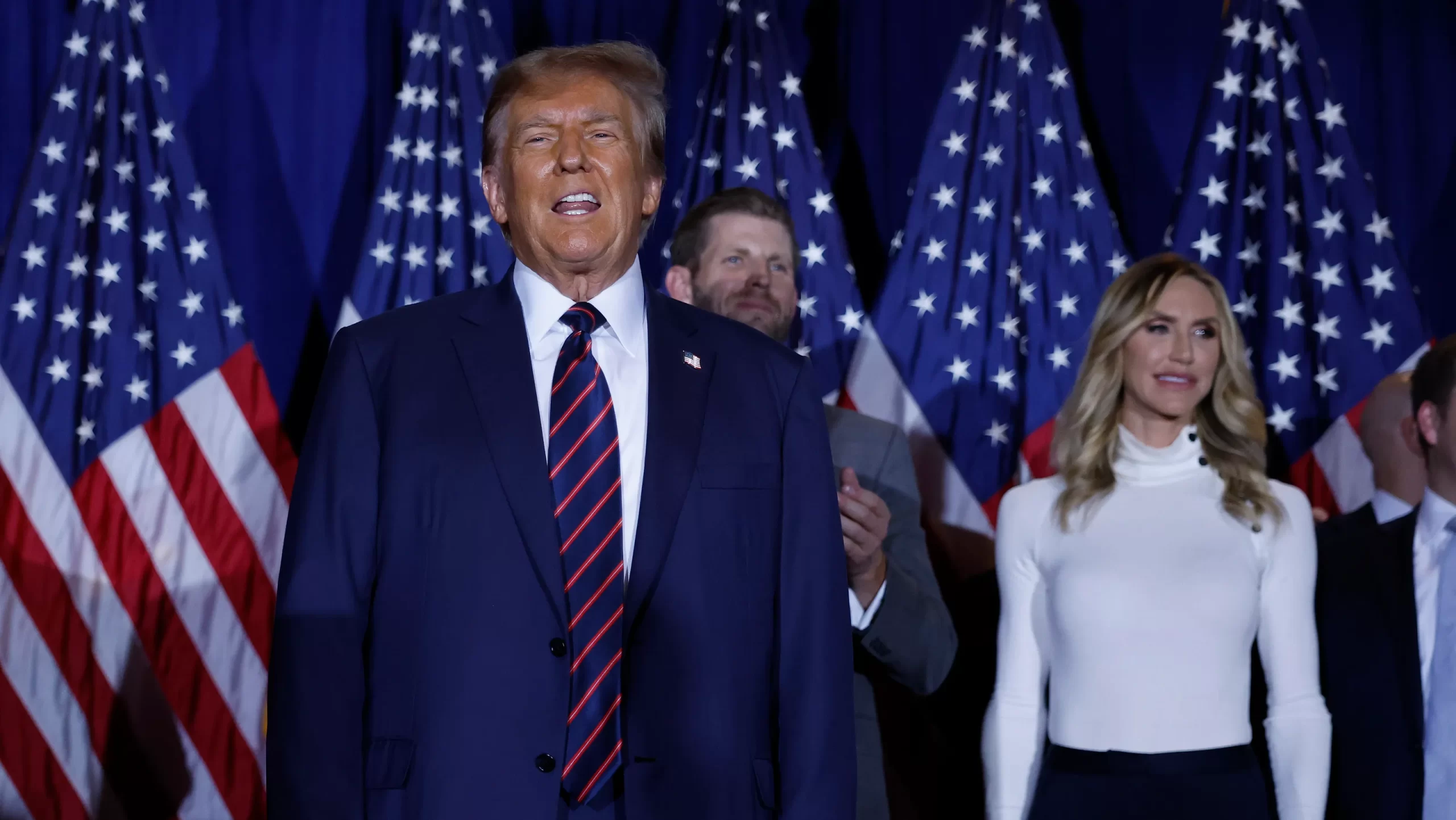Donald Trump’s fascination with Adolf Hitler is not only well-documented but also deeply troubling. Yet, what often gets overlooked is the sheer ignorance underlying it. Recent reports only serve to highlight this ignorance further: Trump appears oblivious to the fact that Nazi Germany lost World War II.
John Kelly, his former White House chief of staff, revealed in a recent CNN interview that Trump commended Hitler for various “achievements,” such as supposedly rebuilding the economy and the false notion that German generals remained loyal to him.
Kelly challenged Trump’s assertions, reminding him of the numerous assassination attempts on Hitler by German officers and expressing disbelief at Trump’s apparent ignorance of the Holocaust and the sacrifices made by American soldiers in the European theater.
Contrary to Trump’s glorification, Hitler’s leadership left Germany in ruins, with millions of soldiers and civilians perishing during the devastating conflict. Hitler’s ultimate demise, taking his own life in a bunker to evade capture, also doesn’t align with Trump’s mythical admiration for the dictator who sparked the deadliest war in history.

Trump’s distortion of history isn’t just about his misguided belief in the efficiency of fascism; it’s also a reflection of his egotism and expectation of unwavering loyalty, despite his readiness to discard anyone for personal gain.
This was evident during his recent meeting with Hungarian Prime Minister Viktor Orbán at Mar-a-Lago, where Trump praised Orbán’s authoritative approach as a model of non-controversial leadership, conveniently ignoring Orbán’s widespread unpopularity and his erosion of Hungary’s democratic institutions.
Orbán’s autocratic rule, like that of most authoritarian leaders, thrives on suppressing dissent and maintaining control, leading to a climate of paranoia and isolation. Trump may perceive such behavior as strength, but it reveals a leader who is weak and insecure.
This weakness manifests in his handling of the Republican National Committee (RNC), where Trump’s purging of dissenting voices in favor of loyalists has led to a detrimental loss of expertise and diversity of opinion within the party.
Trump’s predilection for yes-men extends to his legal team, where loyalty trumps competence. This was evident in his handling of the E. Jean Carroll defamation case, where he prioritized flattery over legal acumen, resulting in costly judgments against him. His reliance on figures like Rudy Giuliani and Jenna Ellis, whose incompetence has been exposed, further underscores his preference for sycophancy over expertise.
While Trump’s preference for sycophants may undermine his endeavors, it’s not a reason for complacency. Talented individuals within his circle, motivated by ideological alignment rather than personal loyalty, continue to advance his agenda.
Trump’s narcissism remains his Achilles heel, offering opportunities for his opponents to exploit his insecurities and sow discord within his ranks. In the face of such leadership flaws, it’s imperative to remain vigilant against the resurgence of authoritarianism.


